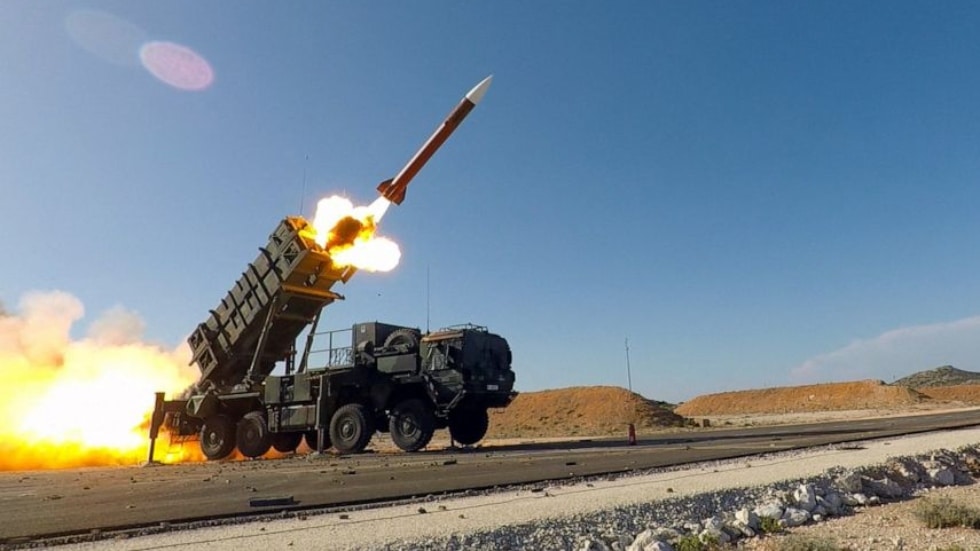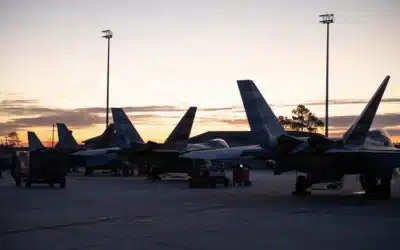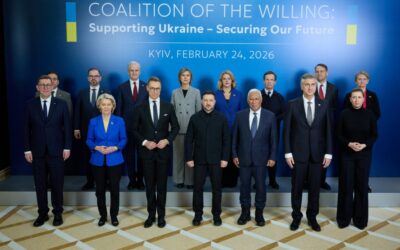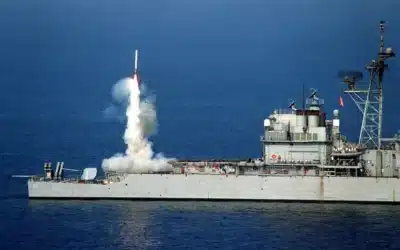The Department of Defense announced on Friday it will purchase $2.1 billion in weapons for Ukraine, including munitions for Patriot and Hawk air defense systems.
The weapons to be purchased include:
- Additional munitions for Patriot air defense systems;
- HAWK air defense systems and missiles;
- 105mm and 203mm artillery rounds;
- Puma Unmanned Aerial Systems;
- Laser-guided rocket system munitions;
- Support for training, maintenance and sustainment activities.
The weapons are being purchased for Kiev under the Ukraine Security Assistance Initiative (USAI). The Joe Biden administration has primarily relied on the Presidential Drawdown Authority (PDA) to ship arms directly from US stockpiles to Ukraine. Weapons provided under the USAI could take months or years to deliver as they involve contracts and might need to be manufactured.
“This announcement represents the beginning of a contracting process to provide additional priority capabilities to Ukraine,” the Pentagon press release said. “This USAI package illustrates the continued commitment to both Ukraine’s critical near-term capabilities as well as the enduring capacity of Ukraine’s Armed Forces to defend its territory and deter Russian aggression over the long term.”
A Pentagon fact sheet claims the US has now committed to Ukraine $39.7 billion in security assistance alone. However, a February report published by the Kiel Institute said American military aid had already topped $45 billion.
Congress authorized the White House to spend $18 billion through the USAI in FY 2023. The Pentagon has announced $10.8 billion in arms purchases using the USAI this year.
A conflict of interest looming over purchasing the weapons in this package is that Secretary of Defense Lloyd Austin previously worked with Raytheon. The arms industry giant manufactures the Patriot interceptors the Pentagon plans to buy. 60 Minutes recently interviewed a former Pentagon contract negotiator, Shay Assad, who warned companies were exploiting the war in Ukraine by “price gouging” the US government.
Assad pointed to Raytheon making a 40-percent profit on Patriot munitions. The company also lied about the cost and time involved in building radar equipment to build the Patriot system, according to the former Department of Defense employee.
This article was originally featured at Antiwar.com and is republished with permission.

































